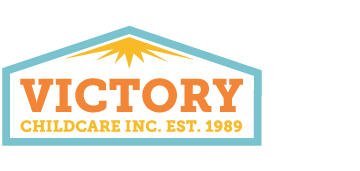Academics / Early Childhood / After School / Summer / Literacy / Math / Discovery / Enrichment / Special Events
Math
We focus on mathematical thinking skills to support children’s intuitive sense of informal mathematics.
• Numbers and Operations – Teachers support children with counting, one-to-one correspondence and number sense. Teachers also support children with number operations, such as combining, separating, sharing and set-making.
• Geometry and Spatial Sense – Teachers encourage children to learn shapes, including three-dimensional ones. Teachers also support children’s learning of space and transformations of shapes.
• Measurement – Teachers support children’s learning of measurement attributes, behaviors and processes, as well as comparing and ordering.
• Patterns (Algebra) – Teachers identify patterns in children’s environment, encouraging children to copy or create patterns of their own.
• Data Analysis – Teachers support children as they learn to sort and classify, represent data, and describe data in a number of ways.
Teachers incorporate math learning into everyday experiences throughout the classroom and guided small group activities and activity time exploration. We also encourage mathematical process skills, such as Problem Solving, Reasoning, Communication, Connections and Representation. Teachers plan for math across all learning centers.




